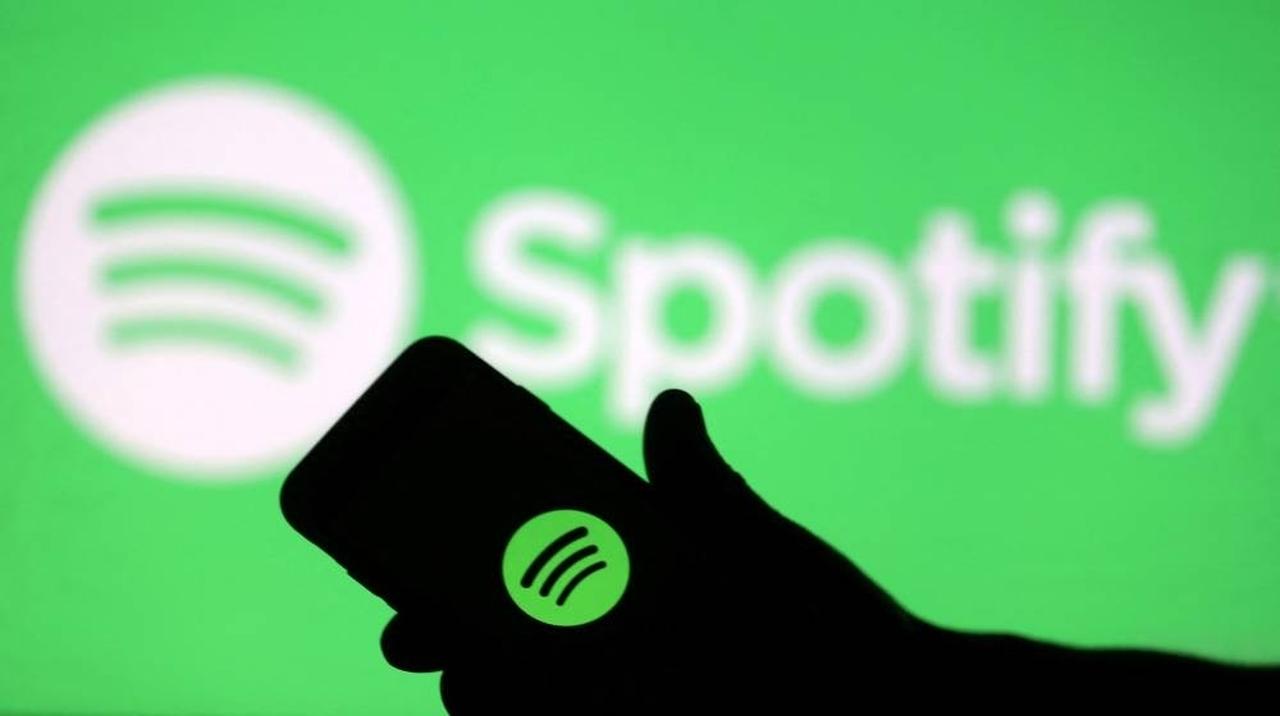
Türkiye's Deputy Minister of Culture and Tourism announced Friday that authorities are considering legal action against Spotify, accusing the Swedish streaming platform of hosting content that violates the country's religious and cultural values.
Batuhan Mumcu said in a statement that despite repeated warnings from Turkish authorities, Spotify has failed to remove what he characterized as offensive content targeting religious figures and government officials.
"Content that is incompatible with our nation's cultural and moral values, insidious and provocative content targeting our society's unity and solidarity, and immoral content has been identified," Mumcu said. "I want to state that I will personally follow the process and that every necessary step will be taken to ensure that no violation goes unpunished."
The deputy minister specifically cited playlists that he said contained material offensive to the Prophet Muhammad (pbuh) and targeting Emine Erdogan, wife of President Recep Tayyip Erdogan. Mumcu described the content as "deliberate and absolutely unacceptable" material that disregards religious sensitivities and targets the spiritual world of Turkish citizens.
According to Mumcu's statement, the ministry has been monitoring Spotify's content for an extended period and has issued warnings through official channels while considering sensitivities from both the public and the artistic community. However, he claimed the platform has been "persistent in not taking the necessary steps" despite previous warnings.
"Content targeting our religious and national values, insulting our society's beliefs, has not been corrected in any way, and discrimination and rights violations against our artists have been ignored," Mumcu said.

The deputy minister characterized Spotify's response as "irresponsibility and lack of oversight that ignores our society's sensitivities," stating that the issue has now become a legal matter. He stated that judicial proceedings should be initiated and urged the relevant authorities to take appropriate action.
Mumcu emphasized that the government's legal struggle against attitudes targeting Türkiye's social and spiritual values, cultural heritage, and artist rights will continue with determination within the legal framework.
"We will continue to protect our unique country's religious and national values, culture, beliefs, social identity, artists, and music," he said in his statement.
The current dispute represents an escalation in ongoing tensions between Turkish authorities and international streaming platforms. In May 2025, Mumcu had previously criticized Spotify and other international digital platforms for failing to establish local offices in Türkiye despite having significant user bases in the country.
At that time, the deputy minister highlighted concerns about content algorithms that he believed prioritized sensationalism over quality, specifically calling out the promotion of content that encourages slang, violence, and illegal substance use in playlists.
The May criticism came amid growing frustration from Turkish musicians who felt overlooked by streaming giants, with popular singer Oguzhan Koc expressing difficulties in finding contact persons for artists and criticizing the platform's categorization of Turkish music content.
The escalating dispute between Turkish authorities and Spotify could lead to increased pressure on the streaming platform to implement stricter content moderation policies specifically for Turkish users, according to government statements and the platform's track record of responding to international concerns.
Spotify has previously shown responsiveness to content concerns from various jurisdictions, particularly regarding sensitive material. In December 2024, the platform removed a photo of the man accused of shooting UnitedHealthcare CEO Brian Thompson from a playlist titled "POV: Taking out a CEO." The playlist, which had been saved by over 10,000 users and contained 71 songs, including "My Shot" from Hamilton and "Smooth Criminal" by Michael Jackson, now displays the message "Title and pic removed by Spotify."
The UnitedHealthcare incident highlighted Spotify's willingness to take action when content is perceived as potentially harmful or inappropriate. The Network Contagion Research Institute of Rutgers University had identified a surge of social media posts glorifying the shooting, with researchers expressing concern about "the emergence of a permission structure for targeted violence."
Turkish authorities may leverage existing digital platform regulations to compel Spotify to establish more robust content oversight mechanisms. The government's emphasis on protecting what Mumcu described as "our unique country's religious and national values, culture, beliefs, social identity, artists, and music" suggests that any regulatory approach would focus on cultural and religious sensitivities specific to Turkish society.
The deputy minister's call for competent institutions to take action and his personal commitment to follow the judicial process indicate that legal mechanisms may be employed to enforce compliance with Turkish content standards.